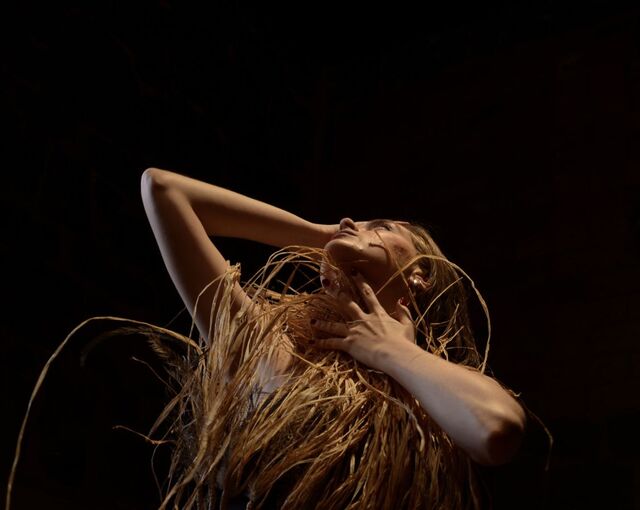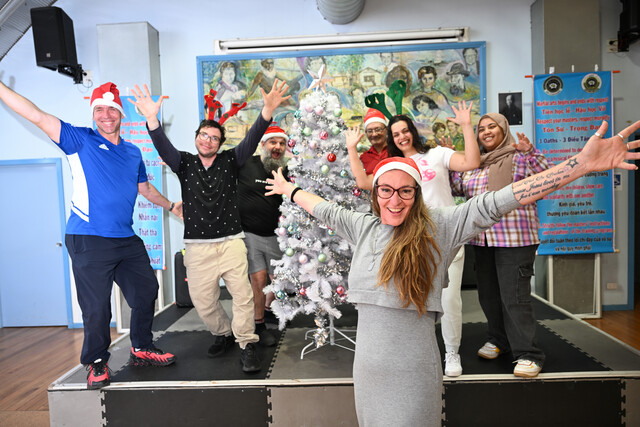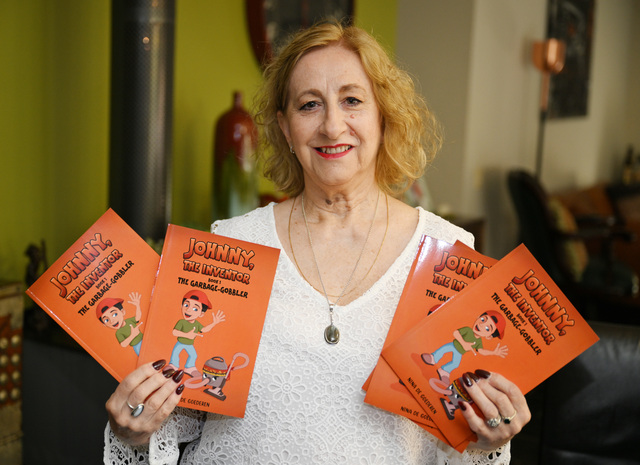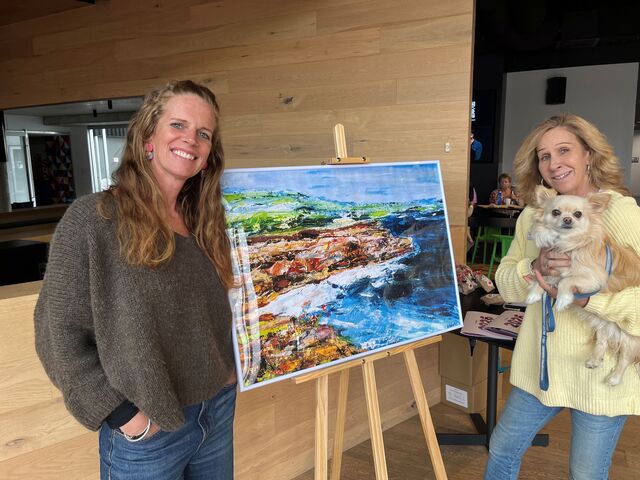One of the hallmarks of the rise of women’s sport over the last decade, is the sense that it is different.
Rather than just men’s sport played by the opposite sex, female competitions attract a different crowd, have a different atmosphere and a different sensibility.
Another somewhat less positive difference though, is the disparity in injury rates between male and female athletes, particularly in the football codes.
Put simply, female footballers get more injuries, more often, especially knees, and especially knees where the dreaded anterior-cruciate ligament (or ACL’s as they’re known in sporting parlance) are ruptured.
One of the most debilitating injuries in all of sport, ACL’s require a full reconstruction of the knee and require roughly nine months to recover from, ending the season of those who suffer them.
Sports medicine specialist, Dr David Bolzonello, works with both the men’s and women’s teams at A-League club Western United.
He said the difference in the rate of ACL’s suffered across the two teams was stark.
“We’ve had an ACL per season (two) in the girls and we’ve had two in five (seasons) for the men,” said Dr Bolzonello who added that this disparity wasn’t just confined to soccer.
“There is a higher incidence, across all sports, of anterior cruciate ruptures and that’s got to do with predominantly the anatomy of the female hip and pelvis and the tendency then for the knee to drop inwards in change of direction moments.”
One of the two United players to have ruptured an ACL since its women’s team was established in 2023, is Adriana Taranto, who is nearing a return to action after sustaining the injury during pre-season training in March.
“Rehab has been going well,” said Taranto who praised the the club for its support.
“From the beginning I had the best people around me to ensure I was getting everything I needed both physically and mentally to get through this tough time.
“I have been highly motivated to get back to paying as safely and quickly as possible and everything has been going well so far, hopefully I’m not too far away from being back out on the pitch.”
Taranto has been working with Dr Bolzonello and United’s physio and strength and condition staff during her rehab, often alongside players from the men’s team also recovering from injury.
She said while their respective treatments were largely the same, the differences between male and female players in recovering from ACL’s and other injuries, weren’t physiological.
“The only difference is the fact that the men are full-time, so they are seen by a physio or strength and conditioning coach pretty much every day,” said Taranto, who like her teammates and the rest of the women’s A-League, isn’t fully professional.
“Even when the main team travel for games or don’t have training for some reason, those injured players or even players who need top ups will still come in and have a session, that is something we don’t have the luxury of doing as we are part-time,” said Taranto, who works as a school teacher when not wearing United’s black and green.
While research is being done into how to reduce the higher incidence of knee and other injuries in female athletes compared to men, Dr Bolzonello agreed that economics were also part of the solution.
“I hope that our game evolves to where the club has the resources to look after these girls as full time professional athletes.”







